People
Principal Investigator
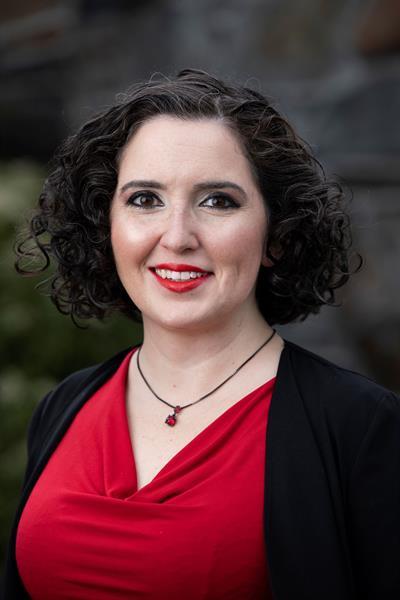
Ayse Asatekin
Asatekin Lab
Tufts University
4 Colby Street, Rm 142
Medford, MA 02155
Office: 617-627-4681
Graduate Students
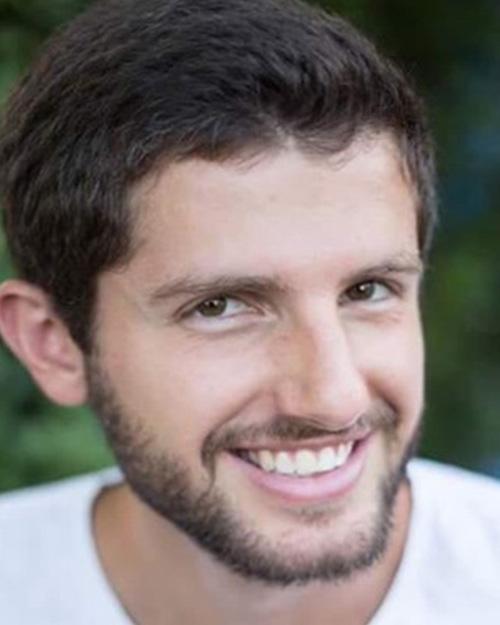
Luca Mazzaferro
Luca received a BS in Materials Science and Engineering from the Federal University of Santa Catarina (UFSC), Brazil. Prior to joining the Asatekin Lab in October 2018, Luca was a member of the Advanced Ceramics Group, at the University of Bremen, Germany; where his thesis involved the study of proton conducting porous polysiloxane based membranes produced by a polymer derived ceramic route. During his undergraduate studies he also worked on the development of thermo-chemically and mechanically stable polymeric composites. At Tufts, he wants to explore the development of new and scalable membranes by using novel and functional self-assembled copolymers to create high performance thin-film composite membranes. Luca is also interested in investigating the use of different polymeric materials in electrochemical applications.
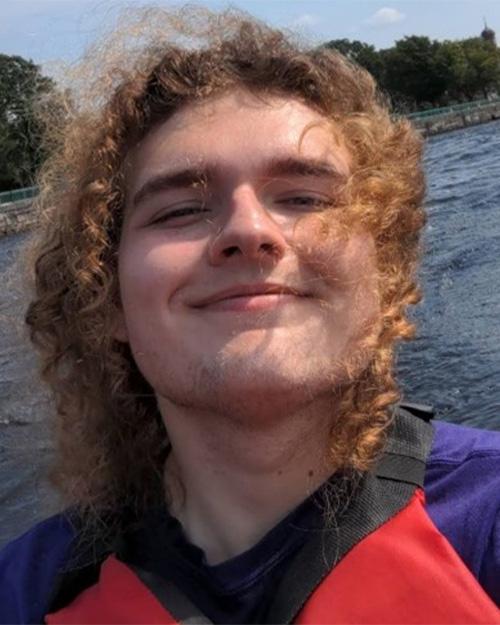
Ryan O’Hara
Ryan received a BS in Chemical Engineering with a focus in Polymers, Composites, Colloids, and Interfaces from the University of Washington, Seattle campus in 2020. While at the University of Washington, Ryan was a project leader for multiple carbon fiber bridge international competitions as part of the Society for the Advancement of Material and Process Engineering (SAMPE). Additionally, they were a member of Professor Lilo Pozzo’s research group, where they assisted research into the morphology of conjugated polymers blended with commodity engineering plastic. At Tufts, Ryan hopes to study the fouling resistance of zwitterionic materials in membranes, microfluidics, and polymer coatings.
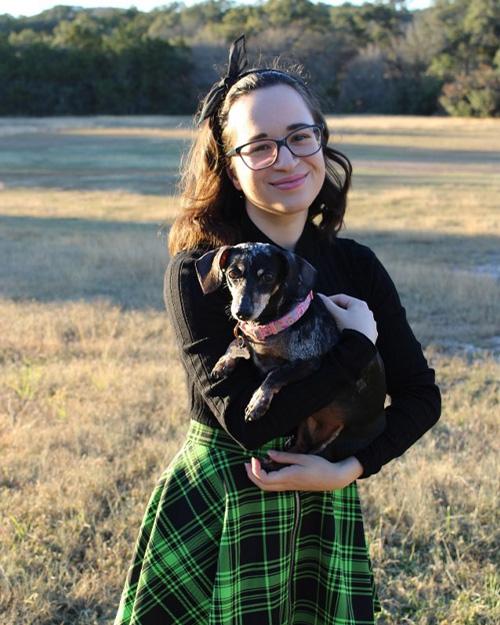
Ashleigh Herrera
Ashleigh completed her Bachelor of Science in Chemical Engineering at the University of Nebraska-Lincoln in May 2020. There she was a Ronald E. McNair Scholar and participated in research involving anion-exchange membranes. This research focused on creating durable and long-lasting anion-exchange membranes for fuel cell applications. Her main project focused on the addition of sidechains on a poly(arylene ether sulfone) backbone and their effects on conductivity and mechanical strength. At Tufts, she has done work on aromatic-based selectivity. This project involves designing zwitterionic amphiphilic copolymeric membranes and investigating the effects of aromatic groups on aromatic solute selectivity. Currently, she works on lithium selective zwitterionic polymeric membranes. This work aims to create scalable membranes that separate lithium from aqueous sources like lakes and wastewater.
Affiliates/Visiting Faculty
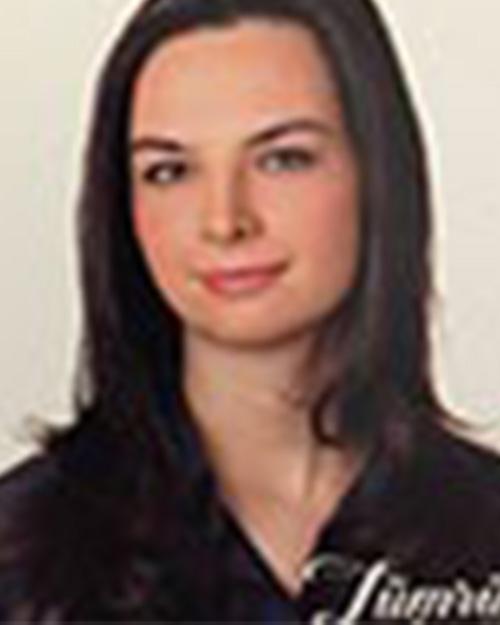
Dr. Aslihan Gokaltun, Massachusetts General Hospital
Dr. Gokaltun is an Instructor at the Massachusetts General Hospital Center for Engineering in Medicine and Surgery. She is also appointed as an Assistant Professor at Hacettepe University in Ankara, Turkey, where she received her BS, MS, and PhD degrees. She is an active collaborator with Asatekin lab on projects that utilize polymer science and self-assembly for biomedical applications.
Dr. Gokaltun has a strong background that crosses polymer design, synthesis and characterization, materials science and surface engineering. Her past work includes synthesizing new, promising reactive polymeric microparticles and monoliths for the separation of various compounds in chromatographic applications with suitable chemistries, porosity properties and high specific surface areas. She is also an expert in various chemical synthesis/surface functionalization methods for the prevention of the fouling or the non-specific adsorption of proteins and other biomacromolecules on surfaces. Non-specific protein adsorption is a significant challenge in biomaterials including biomicrofluidic devices. Currently, she is using her background in chemical engineering and I’m designing and synthesizing novel polymeric materials to control bulk and surface properties of PDMS using scalable approaches to significant challenges in the manufacture of microfluidic devices with no added steps.
Undergraduate Students
- Maximo Mateo
- Ishan Ahuja